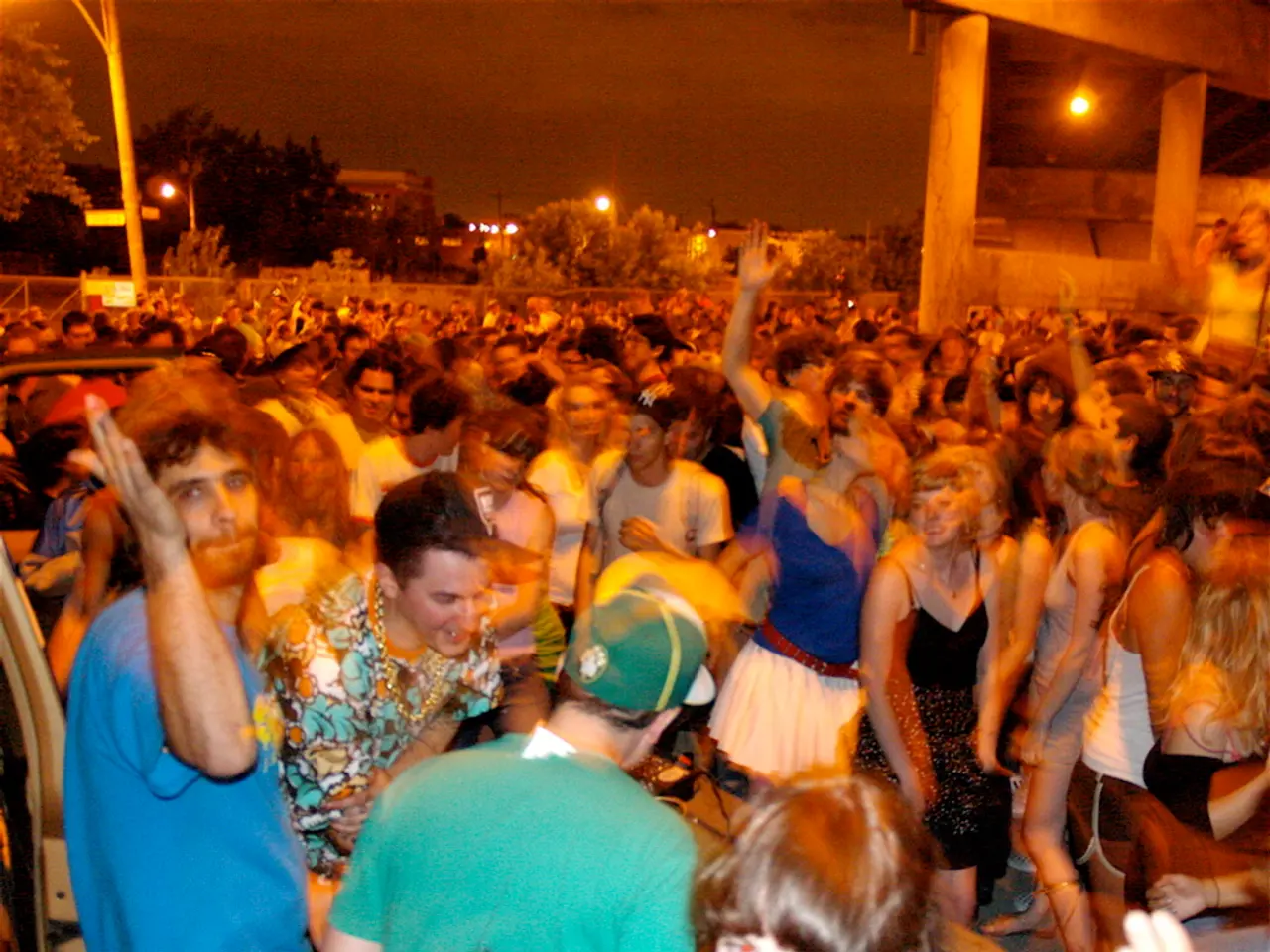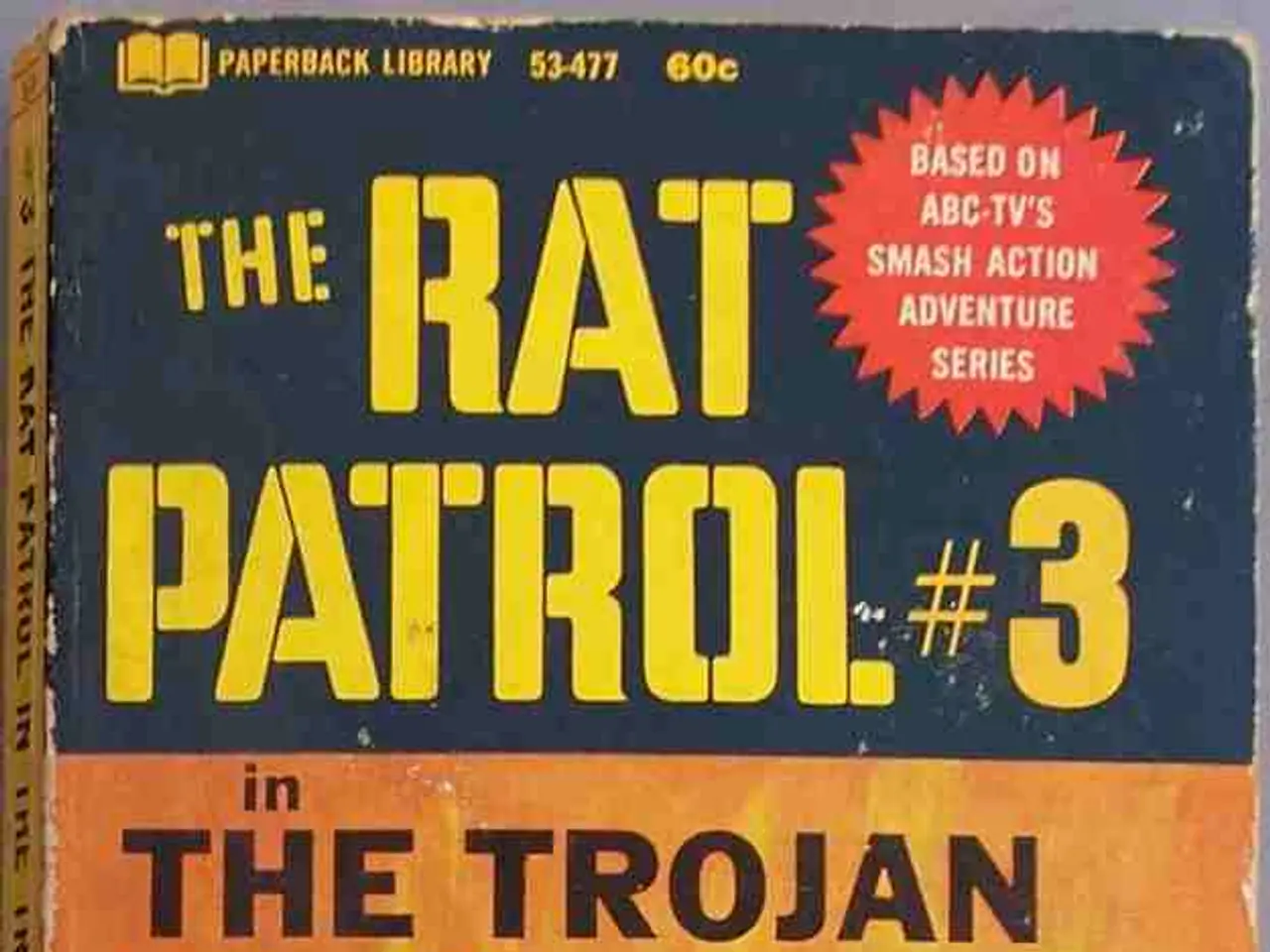El Hotzo's acquittal is not approved by the prosecution.
Sebastian Hotz, a well-known German comedian and satirist known as "El Hotzo," found himself in the centre of a legal storm after making satirical comments about the 2024 assassination attempt on former U.S. President Donald Trump.
The controversy began when Hotz posted on the X platform, comparing the shots fired during the attack to the "last bus" and expressing his delight when fascists die. The posts, which reached a large audience due to Hotz's 740,000 followers, were deemed hate crime material by the authorities.
The Berlin Public Prosecutor's Office initially demanded a fine of 6,000 euros for these posts. However, a Berlin court acquitted Hotz of the charges, ruling that his comments were clearly satirical and did not incite violence or disrupt public order, despite their poor taste.
The court's decision was not the end of the matter, as the Berlin Public Prosecutor's Office lodged an appeal against the ruling by the Berlin Tiergarten Local Court. As of August 2, 2025, the case is under review by higher courts, with the Berlin Public Prosecutor's Office seeking a fine of 6,000 euros for Hotz's posts.
The posts were capable of disturbing the public peace by creating an atmosphere where attacks on state officials could flourish. The Public Prosecutor's Office believes that Hotz's posts contributed to such an atmosphere.
The controversy had significant consequences for Hotz's professional life. As a result of the posts, the public broadcaster ARD's regional station Rundfunk Berlin-Brandenburg (RBB) ended its cooperation with Hotz on the youth radio station Fritz.
The attack on Trump in Pennsylvania in mid-July 2024 resulted in one death and injured two others, with the attacker being killed by security forces. Hotz deleted the controversial posts shortly after they were posted.
Judge Andrea Wilms, presiding over the case, ruled that Hotz's post on the X platform was not suitable but was punishable satire, even if it might have been tasteless. The court had previously acquitted Hotz of the charge of approving the attack and disturbing the public peace.
The legal process is ongoing, and the case will be reviewed by higher courts. The outcome will have implications not only for Hotz but also for the boundaries of freedom of speech and satire in Germany.
- The controversy surrounding Sebastian Hotz's satirical comments extended beyond the realm of politics and crime-and-justice, with social-media becoming a significant platform for the dissemination of the controversial posts.
- The court's decision to acquit Hotz sparked a debate about the line between freedom of speech and satire, with the case now being reviewed by higher courts to determine if his comments fell within the boundaries of punishable satire, a question that could have far-reaching implications for general-news reporting and entertainment in Germany.
- The fallout from the controversy, including the loss of his position with Rundfunk Berlin-Brandenburg, highlights the potential impact that satirical comments on social-media can have on a person's professional life, even when the initial court ruling acquits them of any wrongdoing.





